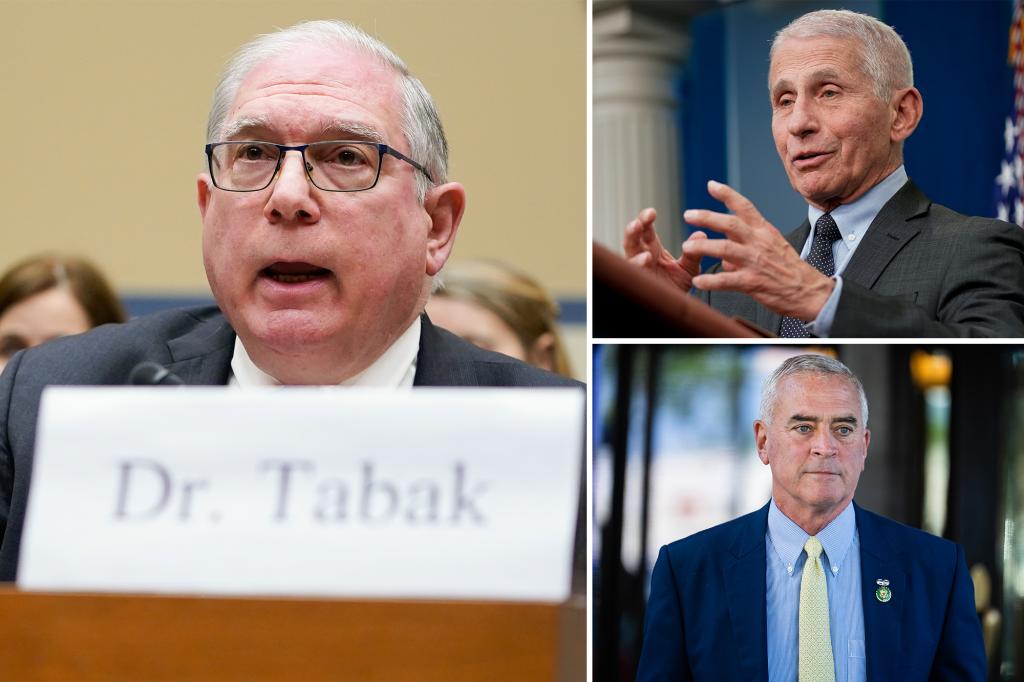The National Institutes of Health (NIH) principal deputy director, Lawrence Tabak, finally admitted to Congress that US taxpayers funded gain-of-function research at the Wuhan Institute of Virology in China before the COVID-19 pandemic. This revelation came after years of denial and evasion from federal public health officials, including Tabak and Dr. Anthony Fauci. Tabak stated that the NIH grant to the nonprofit EcoHealth Alliance did support the gain-of-function experiments, which modify viruses to make them more infectious.
Dr. Bryce Nickels, a professor at Rutgers University, criticized Tabak’s response as evasive and lacking accountability for risky research that can create pandemic pathogens. The exchange was described as two people talking past each other, with Tabak engaging in obfuscation and semantic manipulation. Following this revelation, the US Department of Health and Human Services barred the Wuhan Institute of Virology from receiving federal grants for the next ten years. EcoHealth Alliance also had all of its grant funding pulled for the next three years.
Despite claims from EcoHealth Alliance president Dr. Peter Daszak that they did not engage in gain-of-function research, evidence suggests otherwise. Private correspondence, including emails celebrating the end of an Obama administration pause on gain-of-function research, contradicts these claims. In October 2021, Tabak acknowledged that the NIH funded a “limited experiment” at the Wuhan Institute of Virology that involved modifying bat coronaviruses to be ten thousand times more infectious. The NIH later removed the definition of gain-of-function research from its website.
Dr. Anthony Fauci and other public officials have repeatedly denied that the Wuhan lab research involved gain-of-function experiments, leading to clashes with Republicans and semantic debates. Sen. Rand Paul questioned Fauci’s stance on gain-of-function research, leading to a heated exchange during several hearings. The lack of oversight for scientific research on pathogens that pose a threat to humans has been highlighted, with concerns raised over the responsibility of scientists to police themselves in such matters.
The House subcommittee is currently investigating whether COVID-19 accidentally leaked from a lab in Wuhan, a theory supported by various entities, including the FBI, US Energy Department, and former CDC directors. The lack of credible evidence supporting the virus originating from a wild animal market in Wuhan has been criticized by scientists and experts. Despite the devastating impact of the pandemic, the responsibility for risk/benefit analysis of research on potential threats to humanity is still primarily delegated to the scientists and their institutions. Fauci is scheduled to address questions about gain-of-function research at the Wuhan lab in a public subcommittee hearing on June 3.


